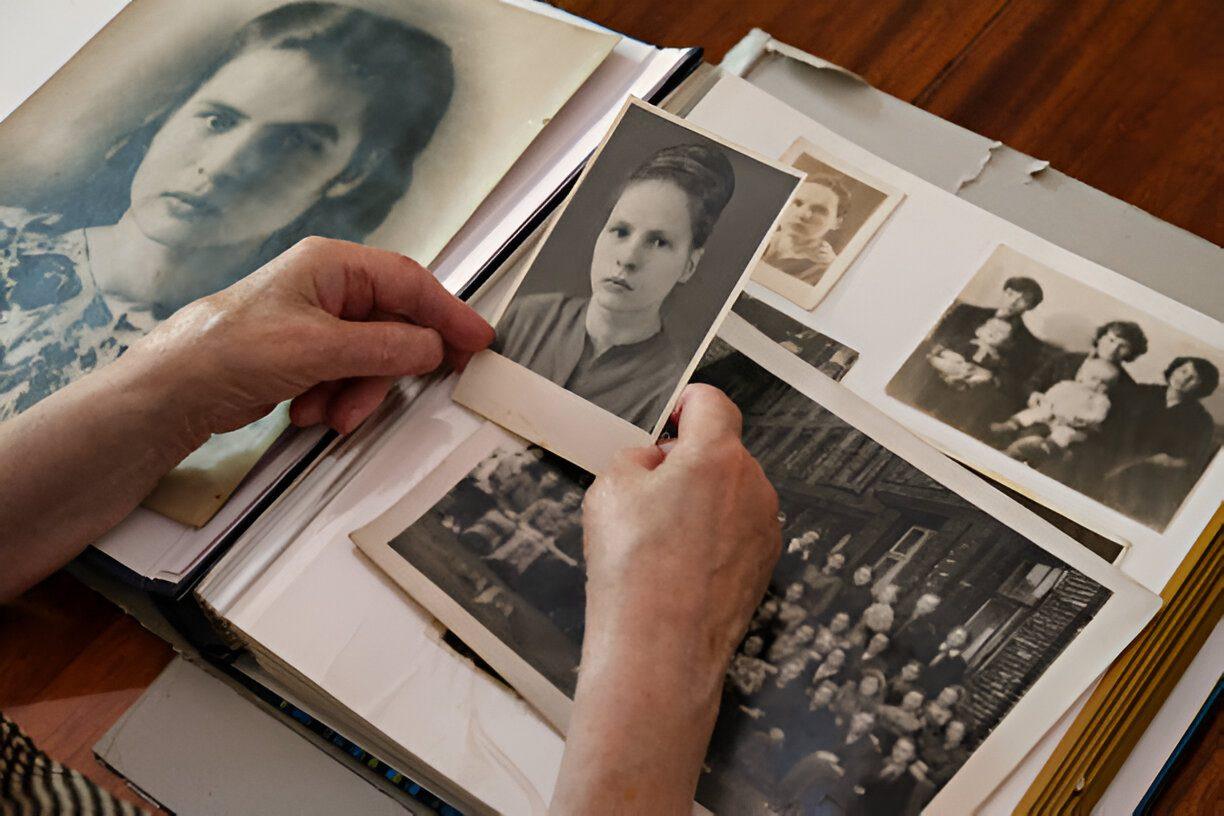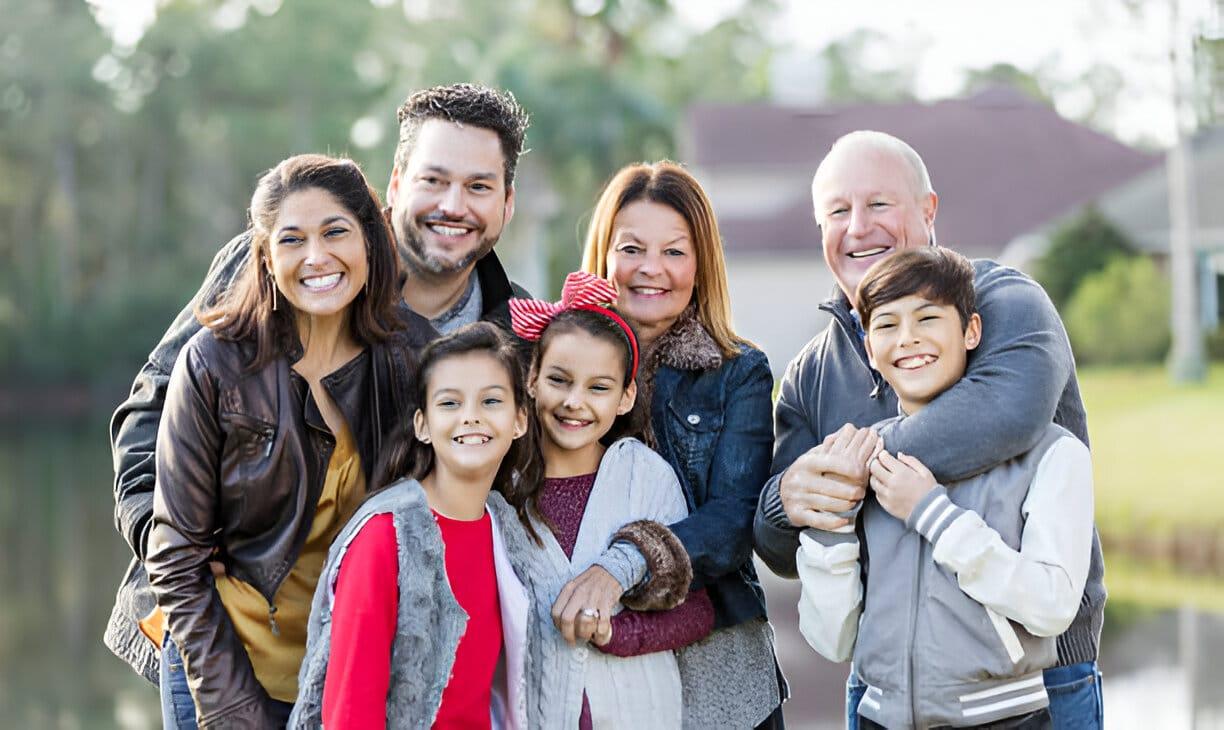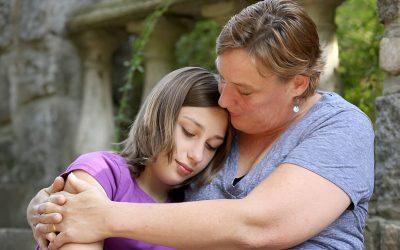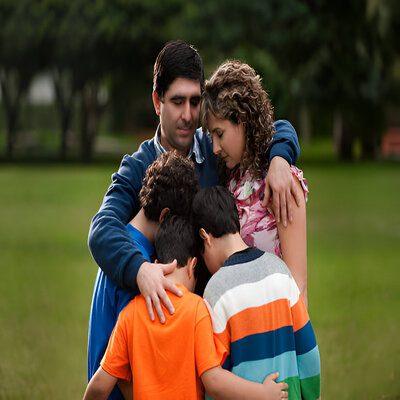A Heart Too Heavy, Too Soon
When Alex lost his grandmother, the grief was deep yet manageable—he found comfort in memories and family traditions. But only months later, his grandfather also passed, and soon after, another grandparent fell ill. Each new loss compounded the last, leaving him emotionally exhausted, unable to fully process one grief before another took hold.
This experience is cumulative grief—when one loss layers over another before there’s time to recover. It can lead to feeling numb, disconnected, and overwhelmed, demanding extra care, patience, and support to navigate.
When Loss Overlaps: The Challenge of Cumulative Grief
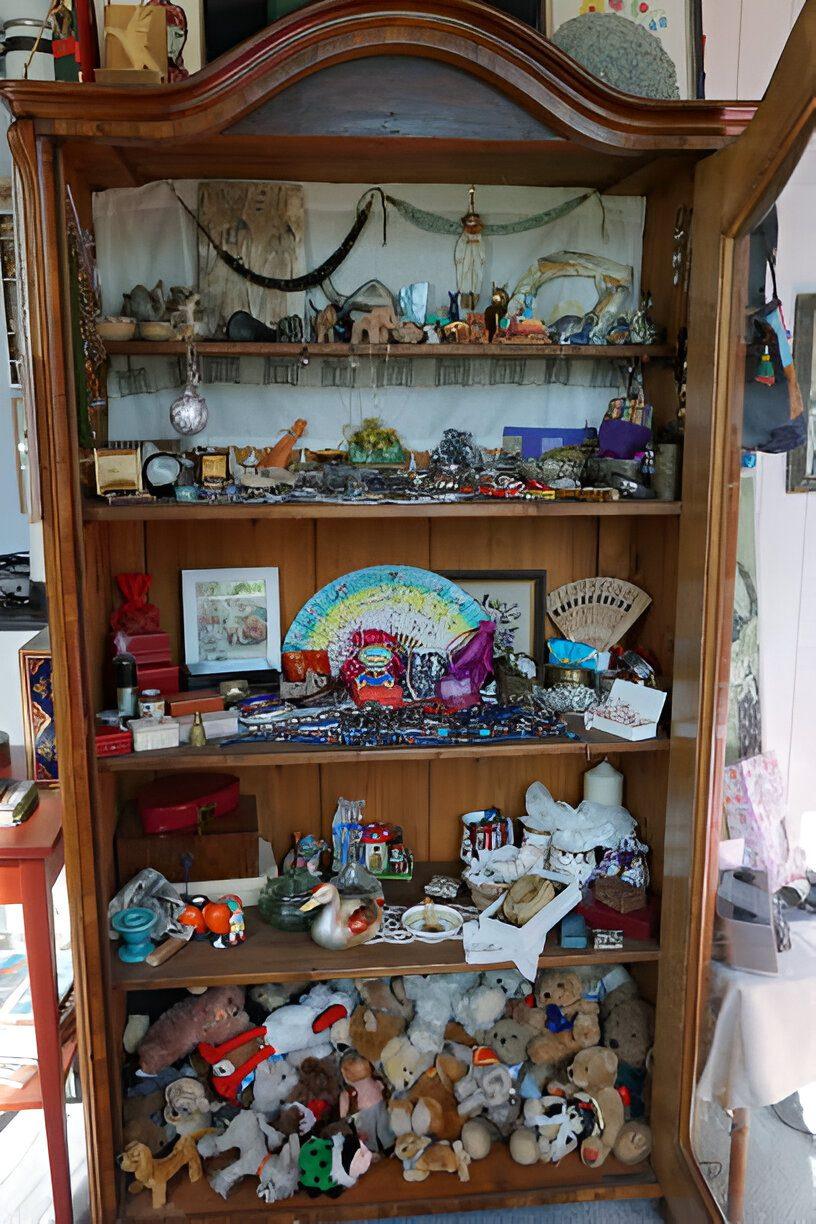
Understanding Cumulative Grief
Cumulative grief arises when multiple losses stack up, preventing individuals from processing each one. Unlike a single loss, where mourning can be more focused, each new bereavement reopens unhealed wounds.
Factors That Complicate Cumulative Grief:
💔 Emotional Overload – The mind struggles to handle repeated loss, creating a relentless grief cycle.
⏳ Delayed or Suppressed Mourning – People may feel pressured to “move on,” inhibiting a full emotional release.
🌫 Mental & Physical Fatigue – Grief alone is taxing; multiple losses increase anxiety, stress, and exhaustion.
🤍 A Sense of Loss Beyond the Person – The passing of multiple grandparents can symbolize an entire generation fading, intensifying feelings of disconnection.
🕊 Shifts in Family Structure – The absence of key family anchors changes traditions and gatherings, furthering the sense of instability.
Why This Type of Grief Feels So Heavy
Cumulative grief can lead to the following emotional states:
🖤 Profound Sadness – A lingering sense of emptiness that accumulates with each loss.
💬 Regret & Guilt – Wishing for more time, or feeling they didn’t do enough for each grandparent.
🕯 Numbness or Detachment – The psyche’s defense against overwhelming pain.
⚡ Exhaustion & Burnout – Continual grieving strains mental and physical health.
🌿 Existential Reflection – Facing the mortality of an entire generation triggers introspection about one’s own life and future.
Coping Strategies for Cumulative Grief
Give Yourself Permission to Fully Grieve Each Loss
Instead of letting grief blur together, take time to mourn each grandparent individually.
Write a personal letter to each, acknowledging their unique role in your life.
Create separate memory books or digital tributes that honor each relationship distinctly.
Lean on Support Systems
Talk to family—sharing layers of grief can strengthen bonds and uphold traditions.
Join a support group or connect with others who’ve experienced multiple losses.
If needed, seek professional counseling for tailored coping strategies.
Memorialize and Honor Each Grandparent Individually
🌿 Plant a tree or dedicate a garden space for each.
🕯 Hold separate remembrance rituals—focus on each grandparent’s unique impact.
💙 Carry on traditions specific to them, whether it’s a holiday custom or a favorite recipe.
Inspirational Quote:
“When grief arrives one loss after another, remember each love in turn—respecting every bond, every story, every piece of your heart.” — Elise H.
Take Care of Your Mind and Body
- Prioritize rest: Continuous grieving drains energy.
- Eat nourishing meals: Even small appetites benefit from balanced nutrition.
- Include gentle movement: A short walk or stretch can calm and re-center.
- Practice mindfulness or journaling: Aid emotional processing and lower stress.
Recognize That Healing Takes Time
- Cumulative grief can’t be resolved quickly. Some days are easier; others are steeped in sadness.
- There is no timeline or “finish line” for coming to terms with multiple losses.
- Allow grief to ebb and flow, trusting that with each passing day, a measure of peace can grow.
Find Meaning in Their Legacy
- Each grandparent’s life offers lessons, wisdom, or values you can carry forward.
- Ask: “What did they teach me that I can incorporate into my daily life?”
- Honor them by living out their best qualities and sharing their stories.
When to Seek Additional Support
Even though grief is natural, additional support may be crucial if:
🚩 Persistent emotional “stuckness” – Sadness or guilt showing no sign of relief.
🚩 Difficulty functioning – Struggles in work, daily tasks, or relationships.
🚩 Prolonged isolation – Avoiding all social contact or feeling unable to confide in others.
🚩 Physical warning signs – Chronic fatigue, headaches, insomnia, or somatic complaints worsening.
🚩 Hopelessness – Persistent negative thoughts or ideas of self-harm.
A mental health professional or grief counselor can provide coping mechanisms, a safe environment to express sorrow, and tools for navigating multiple losses.
Things To Try This Week!
- Mindful Remembrance:
Light a small candle for each grandparent during a quiet moment. Spend a few minutes reflecting on a favorite memory specific to each one.
- Write It Out:
Create individual journal entries—one per grandparent. Document their influence on your life, favorite traits, and lessons they taught you.
- Family Check-In:
Invite siblings or cousins for a virtual or in-person meetup. Share stories about each grandparent, reinforcing a shared sense of history and support.
Conclusion
Finding Light After Loss
Losing multiple grandparents in quick succession can leave an enduring ache—layer upon layer of sorrow. The weight of cumulative grief is immense, draining both emotional stamina and physical energy. Yet, understanding the complexity of these stacked losses and acknowledging each separately can pave a gentler path toward healing.
While each wave of grief may feel relentless, it also speaks to the depth of love and heritage that your grandparents leave behind. Their essence lives on in the family values, traditions, and personal growth they’ve inspired. By honoring each grandparent’s memory and caring for yourself through this challenging time, you open the door to a future where their legacy remains a loving, guiding presence. 🤍
Coping with cumulative grief—a succession of losses in a short span—can make the road to healing feel unending. Yet each grandparent’s memory holds something precious to help you persevere. In this delicate journey, let yourself mourn every unique bond, offer self-compassion, and lean on resources that uphold your emotional well-being.
Explore our cherish collections below for compassionate guidance, creative memorial ideas, and gentle reminders that each grandparent’s love remains woven into the life you carry forward.
Honoring Each Grandparent’s Legacy Amid Cumulative Grief
Losing more than one grandparent within a short window can overwhelm the heart. Our All Things Cherish collection provides gentle insights, communal support, and comforting activities to help you preserve each cherished memory, navigating layered sorrow with tenderness and understanding.
More Reflections, More Growth
Loss is complex, and the road to healing is different for everyone. These reflections offer insight, support, and guidance as you navigate this journey.
When Parenthood Dreams Stall: Navigating Infertility with Compassion
Infertility is a deeply personal journey that affects physical, emotional, and relational well-being. Discover how compassion—both self-directed and from others—can transform this experience into one of resilience and connection.
When Hope Falls Silent: Finding Support After Pregnancy Loss
Pregnancy loss is a deeply personal experience, often shrouded in silence. Learn how to find support—from medical care to community connections—and navigate the complex grief with compassion and hope.
Where Grief Finds No Words: Honoring Unspoken Losses
Unspoken losses—miscarriage, estrangement, unrealized dreams—often remain hidden, leaving those affected isolated in their grief. Learn how to honor these silent struggles, validate their impact, and embrace healing.
Navigating the Heartache: Coping with the Loss of a Parent
Grieving a parent is life-altering. This guide offers compassionate insights and practical steps to help you cope with the loss and carry their love forward.
Navigating the Heartache: The Role of Parents in Healing After Loss
Parents are vital in guiding children through grief. This guide explores how to balance personal healing with creating a safe, supportive environment for resilience.
Navigating Grief as a Parent Yourself
Balancing personal grief while supporting your children is challenging. This guide offers compassionate advice to help you heal and grow closer as a family.
How to Support Grieving Parents: A Compassionate Guide
Supporting grieving parents requires compassion and understanding. This guide explores ways to provide comfort, offer practical help, and honor their child’s memory.
The Unique Pain of Losing a Child
Losing a child is an unimaginable grief that reshapes a parent’s world. This guide offers compassionate insights and pathways toward healing and honoring their memory.
Standing Beside the Unthinkable: Supporting Families Through Child Loss
The loss of a child reshapes a family forever. This guide offers compassionate strategies to provide meaningful support, honor their child’s memory, and ensure no family grieves alone.
Explore Journeys of Healing and Solace:
Discover dedicated spaces that offer understanding, guidance, and connection through grief. From the loss of loved ones to life’s challenging transitions, each category provides a pathway to reflect, connect, and find peace in shared experiences.

